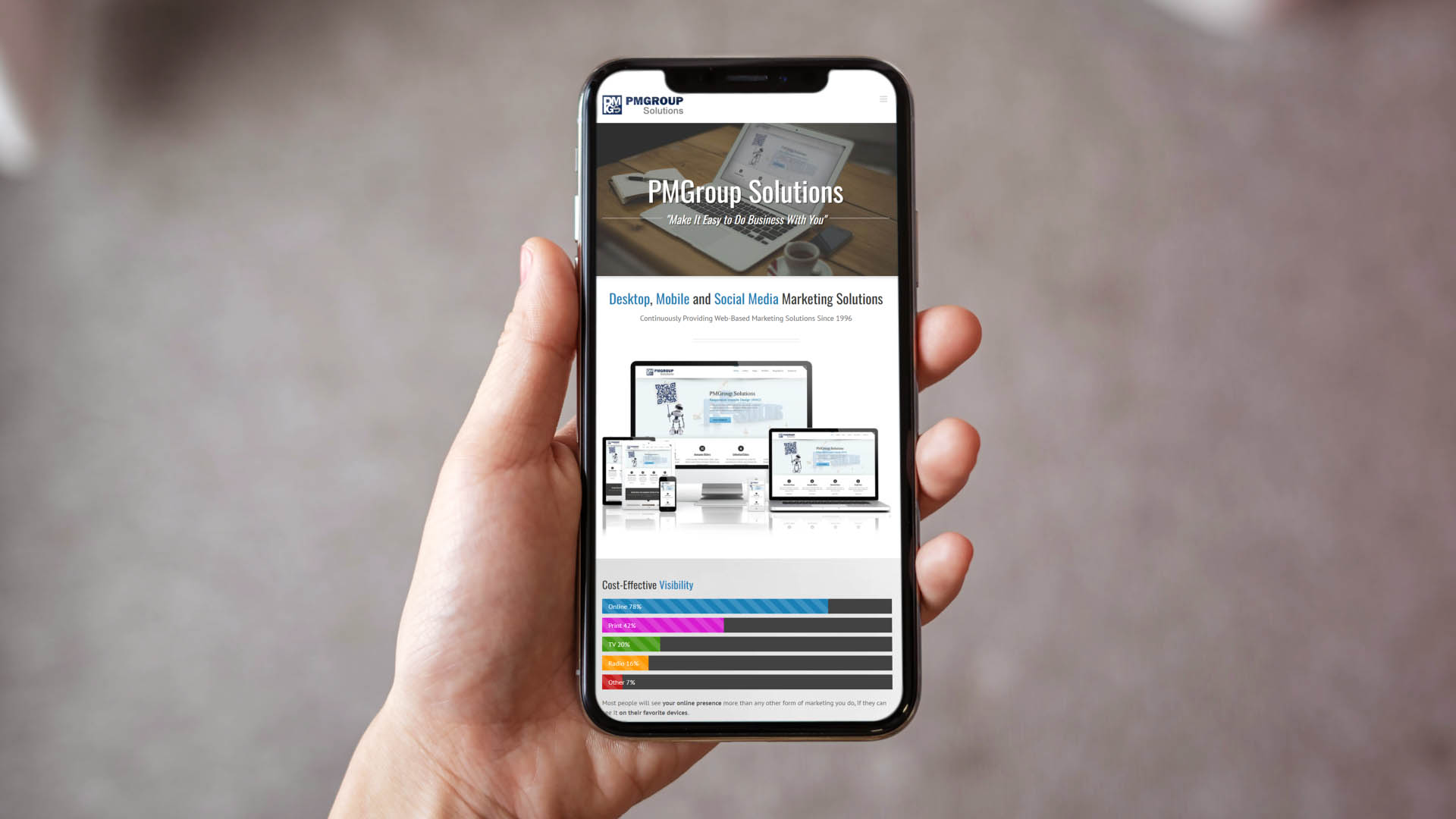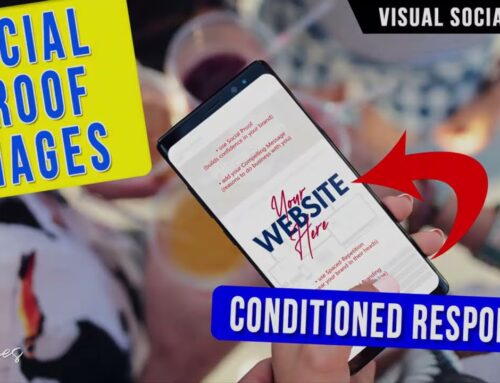
Social proof is a potent tool in the marketing arsenal, and understanding its nuances can transform your business outreach. In this blog post, we’ll explore the essence of social proof, its critical role in marketing, various types, and best practices, including the innovative use of virtually branded images.
What is Social Proof?
Social proof is a psychological phenomenon where people conform to the actions of others under the assumption that those actions reflect the correct behavior. In marketing, it means potential customers are influenced by the choices and endorsements of others.
Why is Social Proof So Important in Marketing?
Social proof is crucial because it builds trust and credibility. In a world overloaded with choices, consumers often look to others’ experiences and recommendations to make decisions. Social proof simplifies this decision-making process, leading to increased conversions and sales.
10 Types of Social Proof
1. Testimonials
Testimonials are personal accounts from satisfied customers, usually focusing on how a product or service improved their life or solved a problem. They are powerful because they come from real people who have experienced your brand firsthand. Video testimonials can be particularly impactful, as they add a human face and voice to the customer’s experience.
2. Influencer Endorsements
Influencers, with their loyal followings, can sway their audience’s purchasing decisions. When an influencer endorses your product, it not only reaches a wide audience but also benefits from the trust and credibility they have built with their followers. The key is to partner with influencers whose audience aligns with your target market.
3. Social Media Mentions
Mentions of your brand on social media, whether in posts, tweets, or stories, act as public endorsements. They’re especially compelling when they come from individuals who have no direct affiliation with your brand, as their recommendations are seen as unbiased and genuine.
4. Case Studies
Case studies are in-depth examinations of how your product or service has helped a customer. They often include details like the customer’s initial problem, the solution you provided, and the results achieved. This detailed narrative format is effective in showcasing the tangible impact of your brand.
5. Social Media Followers and Engagement
A high number of followers and strong engagement rates on social media platforms like Instagram, Facebook, and Twitter can serve as a badge of trust and popularity. They signal to newcomers that your brand is respected and valued by many, encouraging them to join the community.
6. User Reviews
User reviews on third-party sites like Amazon, Yelp, or Google are critical in establishing credibility. Prospective customers often check these reviews to gauge product quality and customer satisfaction. A mix of positive reviews and even how you respond to negative ones can significantly influence purchasing decisions.
7. Certifications and Badges
Certifications, accreditations, and badges from recognized authorities in your industry serve as a seal of approval. They demonstrate that your product or service meets high standards and is recognized by industry experts.
8. Media Coverage
Features in newspapers, magazines, TV shows, or prominent online platforms provide a form of endorsement and exposure. This type of social proof lends authority and prestige to your brand, as it’s being recognized and discussed by reputable sources.
9. Celebrity Endorsements
When a celebrity uses or endorses your product, it can create a buzz and lend a glamorous edge to your brand. The key is ensuring the celebrity’s image aligns with your brand values and appeals to your target audience.
10. User-Generated Content
Content created by users, such as images or videos featuring your product, is a form of organic endorsement. It shows real people using and enjoying your product, which can be more relatable and convincing than traditional advertising. Encouraging and sharing user-generated content can foster a sense of community and trust around your brand.
Incorporating these types of social proof strategically can significantly enhance your marketing efforts, build trust, and drive sales.
Use Visuals
Incorporate images and videos in your marketing. Visuals are more engaging and memorable. This is where virtually branded images come into play. These images, featuring your website and positive messages, not only enhance social proof but also leverage the psychological concept of spaced repetition. By repeatedly exposing potential customers to your brand in different contexts, you embed your brand in their memory, much like the Pavlovian response.
Use Spaced Repetition Marketing
Repeated exposure to your brand and its positive associations increases recall and familiarity. It’s a subtle yet effective way of keeping your brand at the forefront of potential customers’ minds.
The Power of Virtually Branded Images
Virtually branded images are a groundbreaking tool in this arena. They depict scenes where humans interact with your website, adding a layer of social proof. When prospects see these images, they unconsciously link your positive messages to your website. It’s a strategy that not only boosts social proof but also creates a sense of familiarity and trust before a prospect even visits your site.
In conclusion, social proof is an indispensable element of successful marketing. By utilizing testimonials, endorsements, reviews, and innovative tools like virtually branded images, businesses can significantly enhance their appeal and credibility. Remember, in marketing, seeing is believing, and the more your prospects see others trusting your brand, the more likely they are to do the same. Leverage the power of social proof and watch your business grow!






